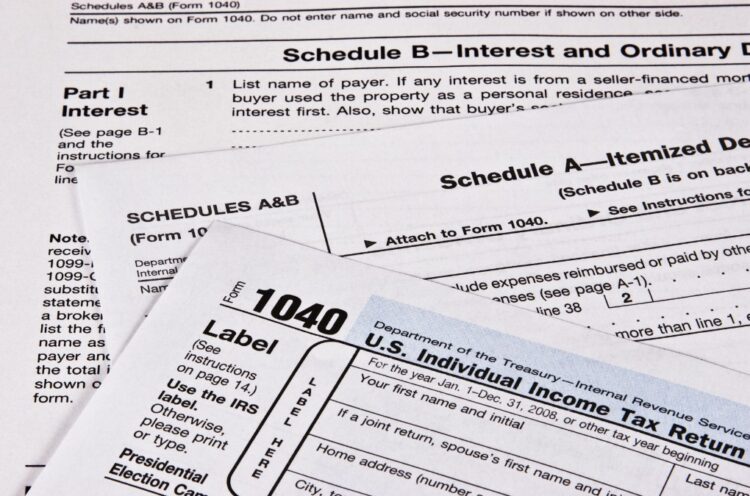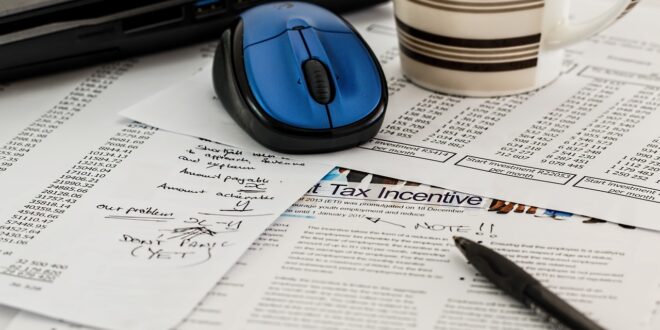The Canadian taxation system is complex, and it can be easy to make mistakes. The Canada Revenue Agency’s (CRA) Voluntary Disclosure Program (VDP) is a means by which you can correct any unintentional errors you made that can land you in trouble,
The program can be your lifeline to avoid significant penalties for mistakes you made in good faith or neglect. However, it would be best to understand voluntary disclosure’s legal and ethical aspects as they apply specifically to your unique circumstances.
Doing so before applying to the VDP will maximize your chances of being accepted, and their guidance can help you reduce penalty and interest payments.
Legal Considerations
The legal aspects of voluntary disclosure revolve around the framework established by the Canada Revenue Agency. They designed the VDP to encourage taxpayers to correct any errors or omissions on their tax filings preemptively. The idea is to avoid prosecution for an honest mistake and perhaps receive penalty and interest relief.
You can get in trouble for not disclosing any mistakes you knew about. The CRA may impose severe penalties for non-compliance and tax evasion, including fines and criminal charges. In many cases, coming forward through the VDP can shield you from the harshest legal consequences.
However, applying for VDP does not guarantee acceptance. Not all situations may qualify for voluntary disclosure, and taxpayers must understand the criteria thoroughly to ensure a successful application. The program covers a spectrum of disclosures, including unreported income, inaccurate information, and situations where taxpayers failed to file returns.
Upon eligibility, the process itself follows a set of legal procedures. You must provide comprehensive documentation when applying for VDP, and the CRA will verify the accuracy of those documents. Providing misleading or false information in your application will lead to rejection. Additionally, the CRA may conduct an extensive audit of your tax filings extending beyond the years in the VDP application.
Applying to the VDP

The Voluntary Disclosure Program is crucial for maintaining compliance and mitigating potential legal consequences. The VDP operates under two distinct streams: the General Program and the Limited Program, each catering to different situations and offering varied levels of relief.
The General Program
The General Program is designed for most voluntary disclosures. It’s particularly suitable for those taxpayers who have unintentionally erred in their filings due to oversight, misunderstanding of tax laws, or incorrect advice. Under this program, individuals or entities can disclose unreported income or correct inaccurate information without facing penalties or prosecution, and with reduced interest charges on unpaid taxes.
Applicants must submit a completed Form RC199, or a signed letter containing all required information, to the Canada Revenue Agency. This submission should include details of all omissions or inaccuracies for the past taxation years or reporting periods. The disclosure must be voluntary, meaning it must be submitted before the taxpayer becomes aware of any compliance action being initiated by the CRA against them.
The taxpayer is also required to complete and include all necessary forms, returns, schedules, etc., and payment for the amount the taxpayer estimates they owe in taxes.
Upon receiving the application, the CRA will assess whether the disclosure meets the criteria for validity: it must be voluntary, complete, involve a potential penalty, and include information that is at least one year overdue. Once accepted, the taxpayer must pay the taxes owed, as calculated by the CRA, but will benefit from relief from prosecution and penalties, and possibly a reduction in interest.
The Limited Program

The Limited Program, conversely, is tailored for cases where there is an element of intentional conduct on the taxpayer’s part. This stream is a fit for disclosures that involve aggressive tax avoidance schemes or significant non-compliance where the taxpayer is aware of the inaccuracy in their filings.
Applying to this stream follows a process similar to that of the General Program. However, the relief provided is less generous. Under the Limited Program, taxpayers are still protected from criminal prosecution and may receive some relief from penalties. However, they will not be eligible for relief from interest charges on unpaid taxes.
This program is intended as a middle ground, offering some benefits of voluntary disclosure while recognizing the gravity of deliberate non-compliance. It’s a crucial option for those who wish to rectify their tax affairs while mitigating some of the consequences of their actions.
Supporting Documentation
For both streams, it is crucial to provide thorough and accurate documentation to support the disclosure. This documentation should include all relevant financial records, tax documents, and any other pertinent information that can validate the claims made in the disclosure. The quality and completeness of this documentation play a significant role in the assessment of the disclosure by the CRA.
Professional Advice
Given the complexities of tax laws and the potential consequences of misreporting, seeking professional advice before making a voluntary disclosure is highly recommended. Tax professionals can offer guidance on which stream of the VDP is appropriate for an individual’s situation, help in preparing the necessary documentation, and provide representation in dealings with the CRA.
Ethical Implications

The CRA may never discover that you included ineligible expenses in your tax return, allowing you to avoid legal repercussions. So why call attention to it? You do it because it is your duty as a Canadian citizen.
The ethical basis of voluntary disclosure is your implicit moral obligation to contribute your fair share through taxes. It reflects a commitment to the collective welfare of society by acknowledging your responsibility to tax compliance. When enough people avoid paying the proper taxes, it can seriously break down essential public services.
Ethical considerations also extend to the role of tax professionals and advisors. You rely on them to help you file taxes correctly and guide you through the voluntary disclosure process. They must uphold the highest ethical standards, ensuring you do not exploit the program to conceal intentional wrongdoing.
To Disclose or Not To Disclose
The VDP is more than a bureaucratic effort to get you to pay more taxes. Navigating voluntary disclosure’s legal and ethical aspects highlights the symbiotic relationship between taxpayers and society. Understanding what it is and how it works ensures higher tax compliance and fosters a culture of responsible citizenship.
It would be best to approach programs like voluntary disclosure as an opportunity to be better citizens. While it can help you avoid legal trouble, that should not be your priority.
Remember that taxes pay for the infrastructure that sustains your way of life. You should have no trouble navigating the VDP and similar programs legally and ethically if you keep that in mind.
 Hi Boox Popular Magazine 2024
Hi Boox Popular Magazine 2024



